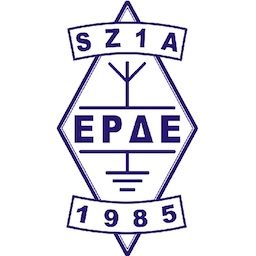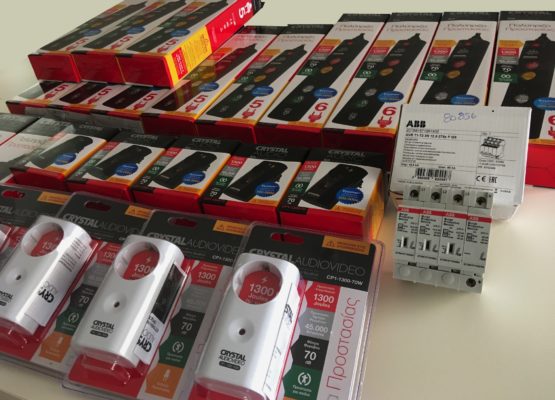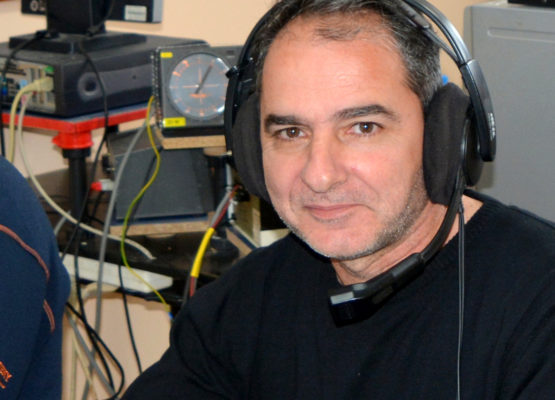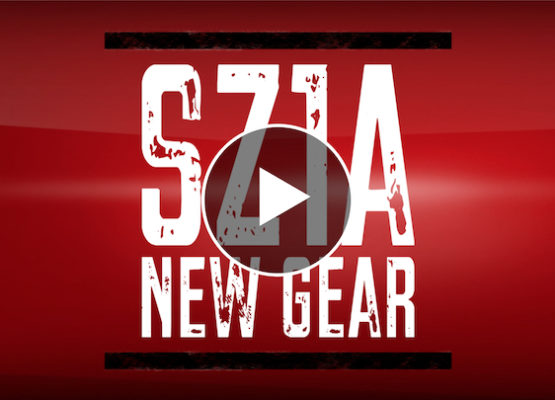The beauty of Amateur Radio is that it isn’t just one single hobby. It has so many different parts one can deal with, so it’s a never-ending quest. But one thing that is common in Amateur Radio is the will to communicate. And sometimes it is so strong, that it creates huge pileups, regardless of mode or band…
Pileups. There are so many things said, but few words written. And I understand the reasons. How can you write bad things about the most difficult pileups out there? There is a risk of insulting a whole continent.
It is well known that European pileups are notoriously difficult and crowded. But everything written about them is diplomatically described. Nobody wants to be the bad guy.
Personally, I would describe European pileups with one word… a Jungle. Being part of the European family of Radio Amateurs, I think I have the right to criticize ourselves and make no bones about it…

I personally enjoy pileups and I always love to manage one. I have the luck to live on a Greek island, attributes of which are wanted by the ham community. Maybe it’s the IOTA reference, maybe the SV8 prefix or maybe the publicity Lesvos island had due to the refugee crisis in 2015, all these make me lucky enough to run pileups often when I am on the air. When on-air I always try to practice managing pileups to improve my operating skills. I love the pileup procedure and because of the location of my country, I can seek and easily run all 3 major categories of pileups. European pileups, Asian Pileups (mostly from Japan) and North American pileups.
European Pileups
Let’s start with the notorious European pileups. I have read several books and articles written by dxpeditioners about how difficult it is to manage European hams. But why is it so difficult and what is happening out there? As I said I am European myself, so I will try to explain certain things.
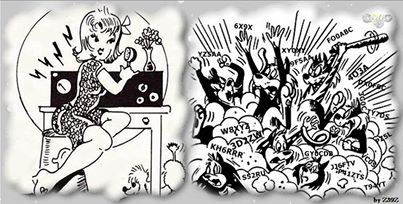
Huge pileups are always difficult for the DX station and it becomes more difficult when the DX station responds to a specific callsign, and the pileup just continues to call nevertheless. Yes, Europeans keep calling even when the DX station tells them to stop! There is no way to make them stop! They are so anxious for the QSO, that they impatiently keep calling and calling!
Some of them start calling before the DX station has finished an in-progress QSO with another ham, something which makes the life of the DX station particularly difficult. But why does this occur? Why don’t they stop and wait for another try later? Ι think the answer is a little bit complicated…
I believe that it all starts from the Mediterranean Sea. All the nations who live around it have a different culture from the rest of Europe. Not necessarily good or bad, but different. Greeks, Italians, Spaniards, all have certain things in common. Probably because of the climate conditions, people of these nations are more anxious, nervous, have a lot of stress, they shout a lot in their everyday life and they are passionate with everything they like. Just watch the movie “My big fat Greek wedding” and you will understand what I mean. Another thing that shows the culture and character of these nations is the way they drive…always aggressive. All these, also make their working days longer. A day starts at 6 am and ends after midnight. So bigger day, more problems.

Just imagine that it is absolutely reasonable to go for dinner at a restaurant in Greece at 10 or 11pm at night. The fast rhythm of life with stress and a lot of tension and passion inevitably comes to amateur radio as well. So shouting, passion and anxiousness are present at pileups! On the other hand, North and Central Europe has a different culture with patience and order, completely different. But despite this, they are forced to follow the South. Why?
Imagine you are a predator in the jungle, and you see a pack of lions eating their pray, what would you do? Would you wait for your turn and be polite and leave them to eat everything, or would you rush into the battle? Probably you would choose the second option. In a similar manner, South Europe forced the rest of Europe to dance at the same pace, competing to get the DX station in the log at all cost.
Another reason for the chaotic pileups is the language barrier. Some nations have very different languages compared to English, they become very anxious and insecure if they are understood well, so they shout and shout all the time. Greeks, Russians, Ukrainians and some others have this problem. Sometimes the operators don’t understand the DX station well (due to their bad English) and they keep calling regardless of what the DX station is saying.
However, one thing is certain about European pileups. All these “wild beasts” fighting each other by any means for the QSO with the DX station, when they finally manage to make the contact, they are immediately transformed, politely thanking for the QSO…
If you reach the point of handling a big European pileup, and you have control and feel comfortable, then you have evolved your skills to a higher level.
Asian Pileups
Now let’s see the Asian pileups. These are mostly from Japan. Japanese radio amateurs have much more discipline than Europeans and they listen to the instructions given by the DX station. Always polite and they do not get frustrated of repeating their call as many times needed in order to make the QSO. The only big problem is the language barrier. The English accent of the Japanese, sometimes in low propagation conditions, is a tough issue. I’ve been stuck many times, asking again and again for a letter because I couldn’t understand it. I don’t imply that my English is good (probably the worst), I’m just pointing out the language barrier.
North American Pileups
Finally the North American pileups. North Americans have the best behavior in pileups. They make the DX station’s life easier. First of all, they stop when the DX asks for a specific callsign. Most of them like to say which state they are from, and they even say at the end of the QSO “Clear”. This notifies everyone listening that their QSO is over! WOW! When I first heard this, I almost fell from my chair! I couldn’t believe my ears!
Well, a problem I detected in NA pileups has to do with the way US hams pronounce their callsigns. Some of them use the phonetic alphabet as we all know, but some (and they are not a few) don’t use the phonetic alphabet. Instead, they just pronounce the letters of their callsign.

For example, hypothetically, K1ANT calls as “kay one ay en tee” instead of using standard phonetics (ie. “kilo one alpha november tango”). This kind of pronunciation maybe is logical, natural and reasonable for native English speaking hams, but is not for all the others. I assume that this is not being done on purpose, but from habit due to local QSOs. Imagine bad propagation or QSB and no phonetic alphabet. An ideal recipe for No QSO!
Gains and Losses
Well, these three major categories of pileups have a lot of differences, but each one has its own beauty. I have heard a lot of criticism about the European pileups and how difficult and chaotic they are. Most likely, no one can change that, but I think that someone can take away the positive benefits of these too. The ancient Greek saying “In every bad situation you can always discover something good” applies. So, what can we benefit from European pileups?
I believe that if someone can handle and successfully manage these difficult pileups, then they can become a very good operator. It is excellent training to improve your operating skills. If you reach the point of handling a big European pileup, and you have control and feel comfortable, then you have evolved your skills to a higher level. You will gain confidence and you’ll be ready for new and more difficult pileups. I myself always enjoy the wild beauty of European pileups, I even get angry sometimes with many hams not following the DX code of conduct. Ι don’t justify bad operating in any way, but in the end, I always try to look at the positive side.
Why don’t you?
73 & Hope to hear you in the pileups!
Fotis Papadellis – SV8RMA (ex SV8ING)
